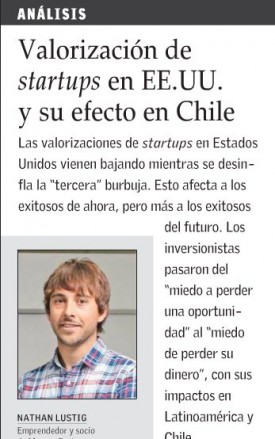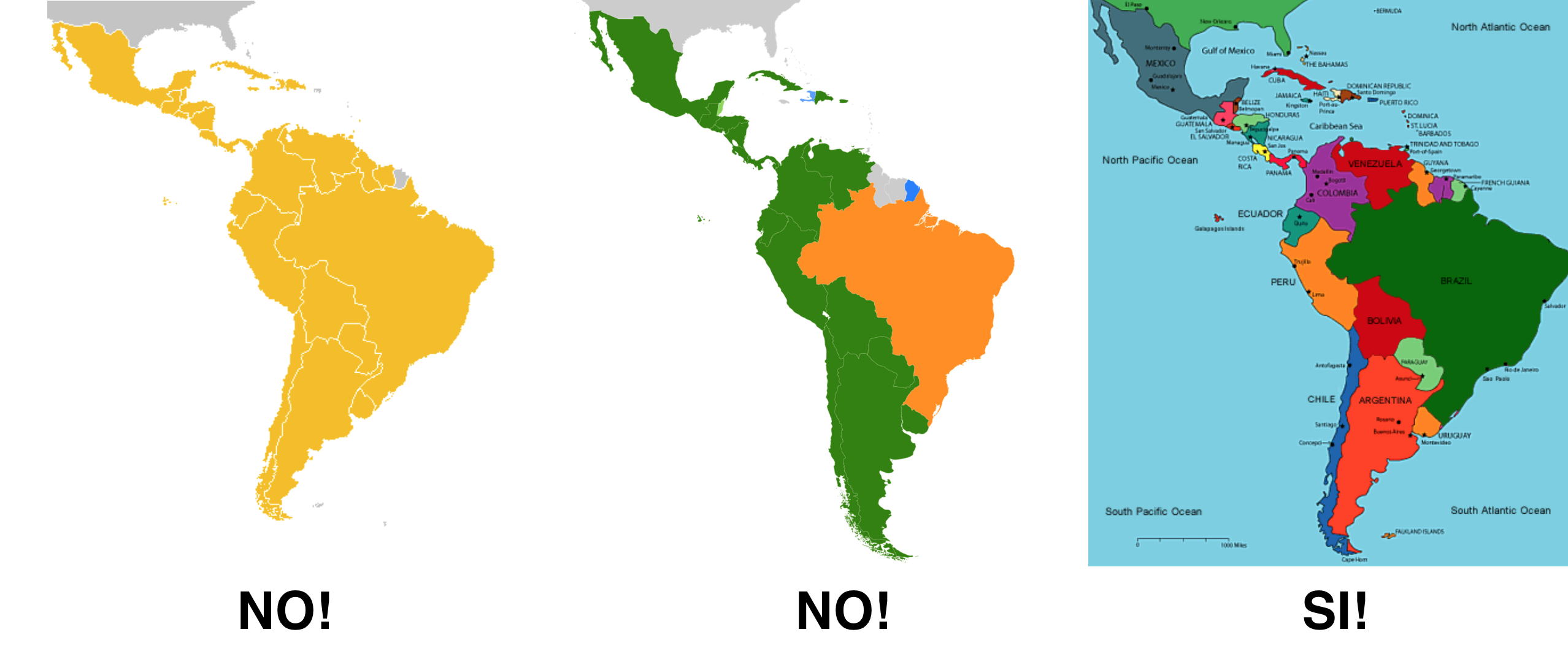Note: A version of this post originally appeared in Spanish with the title Cómo encontrar ideas para emprender in El Mercurio, one of Chile’s leading newspapers. I use my monthly column to give mainstream readers exposure to startup ideas. It’s a shortened version of Paul Graham’s original post How to Get Startup Ideas.
Lots of people dream of starting their own business. They want something of their own, to be their own boss and to try to build their business into something big and successful. As an investor, I meet with hundreds of hungry potential entrepreneurs looking for capital to start businesses. Their ideas run the gamut from small businesses to scalable tech startups. Their funding plans cross the specturm from VC, friends and family to bank loans.
The vast majority of the best Latin American companies that I see come from people looking for solutions to problems they’ve seen close up in their daily lives. Paul Graham, the cofounder of Y Combinator, the world’s most successful accelerator, put it extremely directly: (more…)



